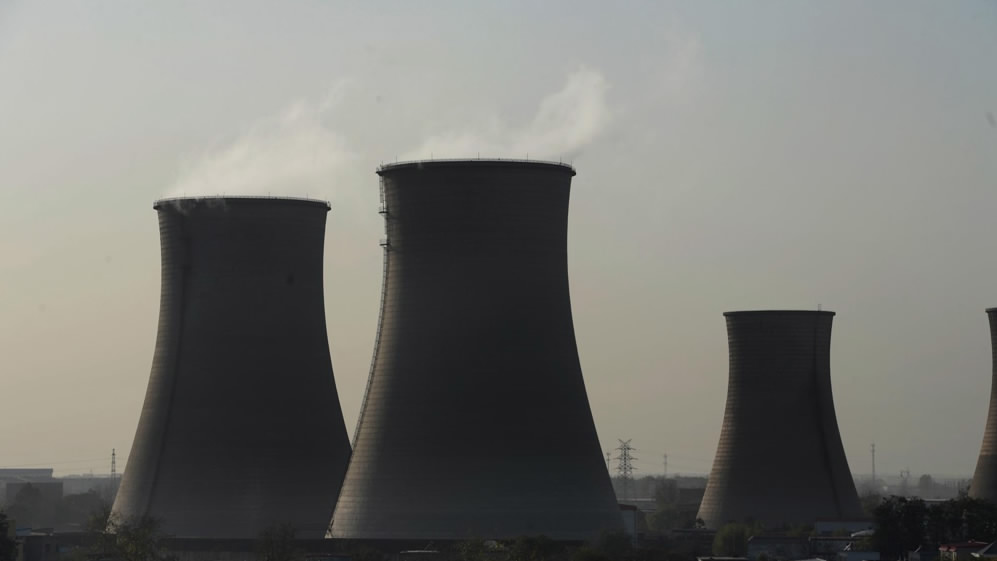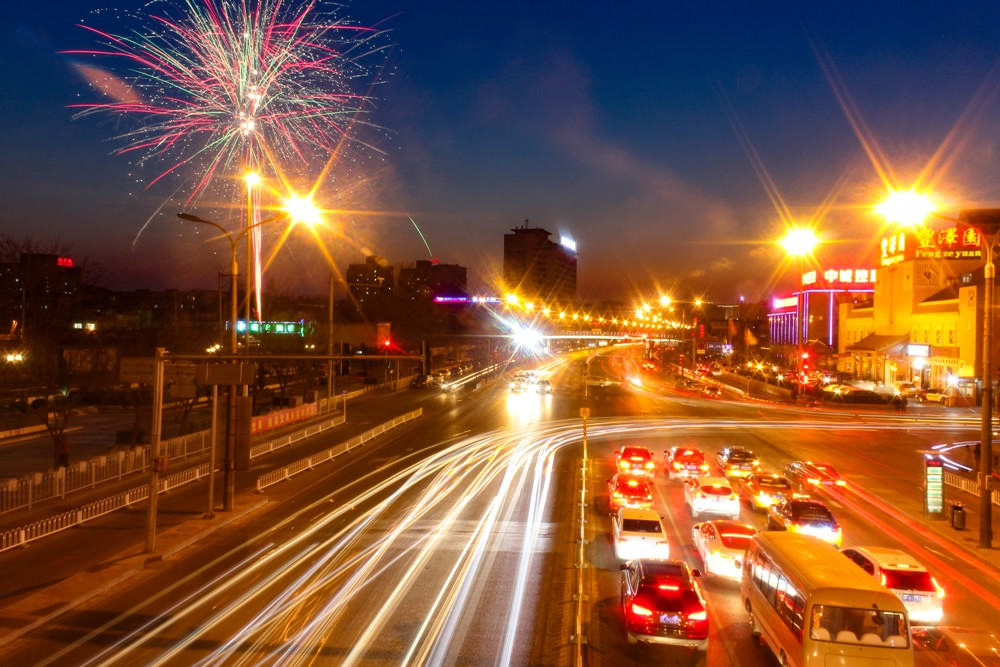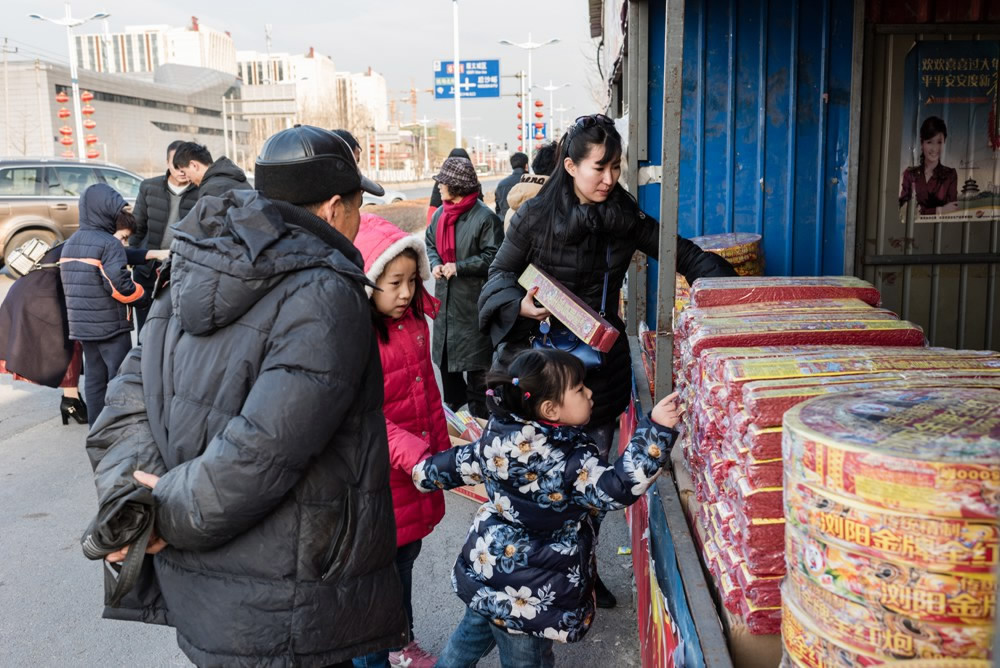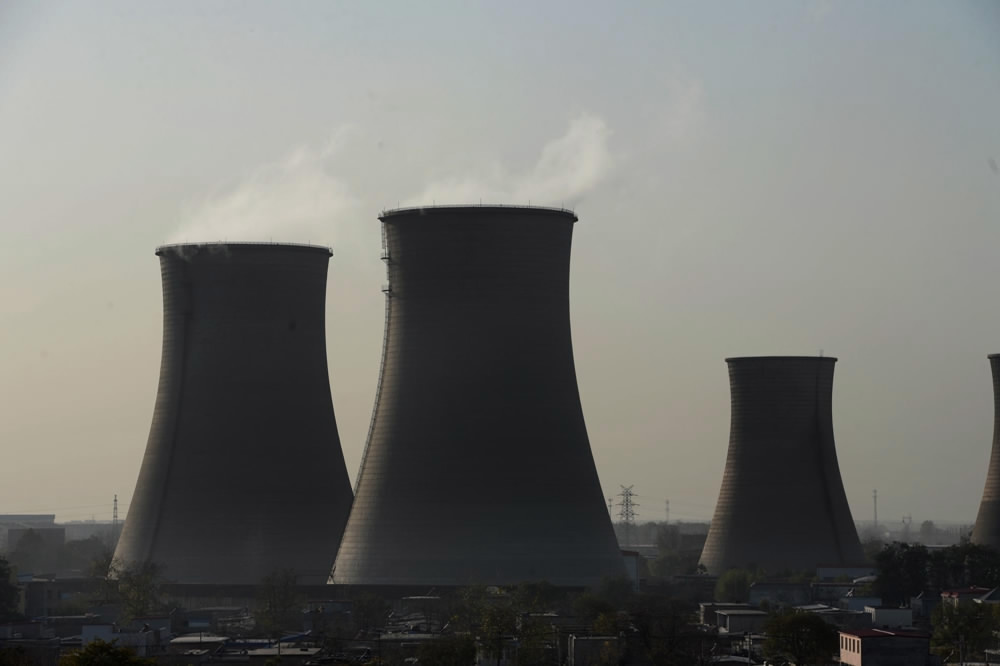
China
19:34, 02-Feb-2017
Smog returning to Beijing
Updated
10:39, 28-Jun-2018

Heavy smog is forecast to return to Beijing and the adjoining Tianjin and Hebei areas from Thursday as climatological conditions, holiday fireworks and companies violating official orders to limit emissions form an unholy trio of factors for the local population.
The density of PM2.5, particulate matter with a diameter smaller than 2.5 micrometers, will peak in the region on Friday, the Ministry of Environmental Protection said on its website.
Conditions have been worsened by the traditional practice of setting off firecrackers on the fifth day of the first month in the lunar calendar, which fell on Wednesday this year.

Fireworks over Beijing on February 1. /CFP Photo
Fireworks over Beijing on February 1. /CFP Photo

Beijingers buy fireworks for the Spring Festival. /CFP Photo
Beijingers buy fireworks for the Spring Festival. /CFP Photo
Illegal industrial activity has also been a major contributor to the buildup of smog in Beijing-Tianjin-Hebei.
Many large companies in the area, especially steel mills and petrochemical factories, have not stopped production during the Spring Festival holiday. The environmental authorities said they found some enterprises in Hebei Province discharging emissions above the amount allowed.
Many large companies, especially steel mills and petrochemical factories, do not stop production during the Spring Festival holiday in that area. Authorities found that some companies in Hebei Province were discharging emissions above the amount allowed.
With the Spring Festival holiday ending on Thursday, small and medium-sized companies will restart production and a large number of people will return to their jobs in the cities. Resulting emissions will further affect the air quality.
Locals will have to wait several days for things to improve.
"The air diffusion conditions will gradually get better on Sunday in most areas of the country, which will ease the pollution," according to the ministry’s announcement.

Coal-burning boilers are a major source of winter air pollution in Beijing and neighboring regions. /CFP Photo
Coal-burning boilers are a major source of winter air pollution in Beijing and neighboring regions. /CFP Photo
In recent years, the ministry has encouraged the public to limit their setting-off of fireworks to celebrate the New Year.
Feng Yinchang, a professor specializing in environmental protection at Nankai University, said coal-burning boilers for heating also constitute a major source of winter air pollution in Beijing and neighboring regions.
Even though most downtown areas have stopped using coal for heating and replaced it with cleaner energy such as natural gas, families in the vast expanse of suburban Beijing still use coal for heating, resulting in high sulfur dioxide emissions.
(With inputs from China Daily)
7km

SITEMAP
Copyright © 2018 CGTN. Beijing ICP prepared NO.16065310-3
Copyright © 2018 CGTN. Beijing ICP prepared NO.16065310-3